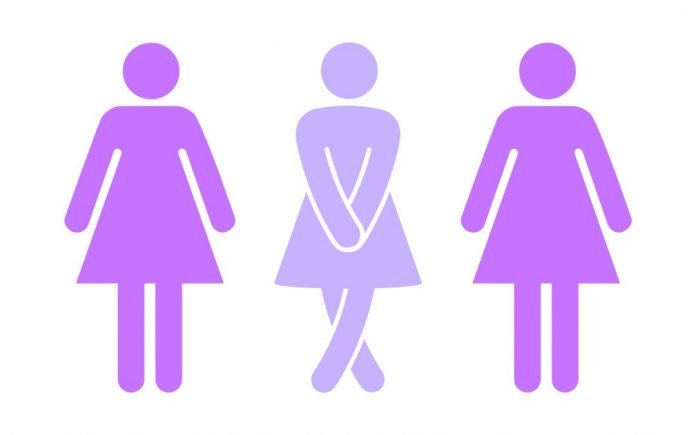Last Updated on March 12, 2024 by admin
Urinary incontinence is a condition in which a person loses bladder control. It may then lead to either minor leakages, or complete loss, in which the entire bladder is emptied as a result.
Notwithstanding the obvious physical problems that this condition leads to, it also has a grave impact on your mental health.
People feel embarrassed by their condition. They cannot leave their house, lest some accident happens. Urinary incontinence also takes away their confidence. The constant ordeal of changing clothes, doing the laundry, and cleaning up can also be a lot to take in.
Alongside following in on the advice of your urologist in Karachi, you can also practice the following tips to get through the problem of incontinence:
Table of Contents
Fluid intake
Moderate your fluid intake. Some people forgo water, but that is counter intuitive. Not only is it unhealthy but can lead to UTIs alongside increasing the urge to pee. Therefore, drink enough water to keep yourself healthy.
Kegels
Having a strong pelvic floor aids in holding the urine in, as the muscles responsible are stronger then. Kegels are a type of pelvic floor exercise that involves squeezing and relaxing the pelvic floor muscles.
Know your triggers
Identifying your triggers is important, so you can avoid them. Some foods like citrus fruits, alcohol, spicy foods, caffeine can increase your need to go. Hence, to manage your condition, identify these triggers.
Mental health
Incontinence takes a great toll on your mental health, and it is important that you manage it as well. Be kind to yourself. Practice self-compassion. Seek help of a therapist or counselor if living with urinary incontinence is becoming too overwhelming for you.
Plan in-time
Planning is key when it comes to incontinence. Many people do not step out of their homes from the fear of need to urinate, but it is not healthy practice at all.
You can counter this fear by planning. Know your urination schedule, realize the window that you have, and then utilize it. Also, always go to places where there are nearby loos, for which you will also then need some information.
Regular emptying
Try to follow a urination schedule, where you make regular visits to the loo to empty the bladder. It then helps in preventing the leakages, and even if they do occur, there is not too much of urine volume to deal with.
Visit the loo especially before going out of the house so you do not have to scramble to find a restroom.
Wear absorbents
Wearing absorbent underwear, male external catheter, or female pads can also help manage the problem. You then do not soak your clothes, and thus do not have to change all your clothing plus clean the furniture. Moreover, for minor leakages, absorbents can also aid in preventing noticeable episodes.
Weight loss
If you are obese or overweight, then you have higher chances of urinary incontinence, as the extra weight on the pelvic region then presses on your bladder, increasing the urge to pee then.
Hence, if that the case with you, work to lose the extra weight. Make lifestyle and dietary choices alongside exercising to help your body get better.
Read more: The Secrets of a Spa-Like Bathroom
Bladder journal
The aim of this journal is to track when you need to pee, what are some of your triggers, and your urination pattern. Once you have this information, you can then map out and plan your day accordingly.
Avoid the triggers, and make sure you schedule your bathroom breaks accordingly. Know how much fluid is sufficient, and how much is too much for your bladder to take in.
You can also use this journal for bladder training, but work with your urologist in Lahore in learning how to train your bladder so as to increase the time between each visit to the loo. It helps in making your muscles stronger, so they can keep the urine in for longer.
Read more: 5 Back Workouts to Strengthen Your Spine.
















